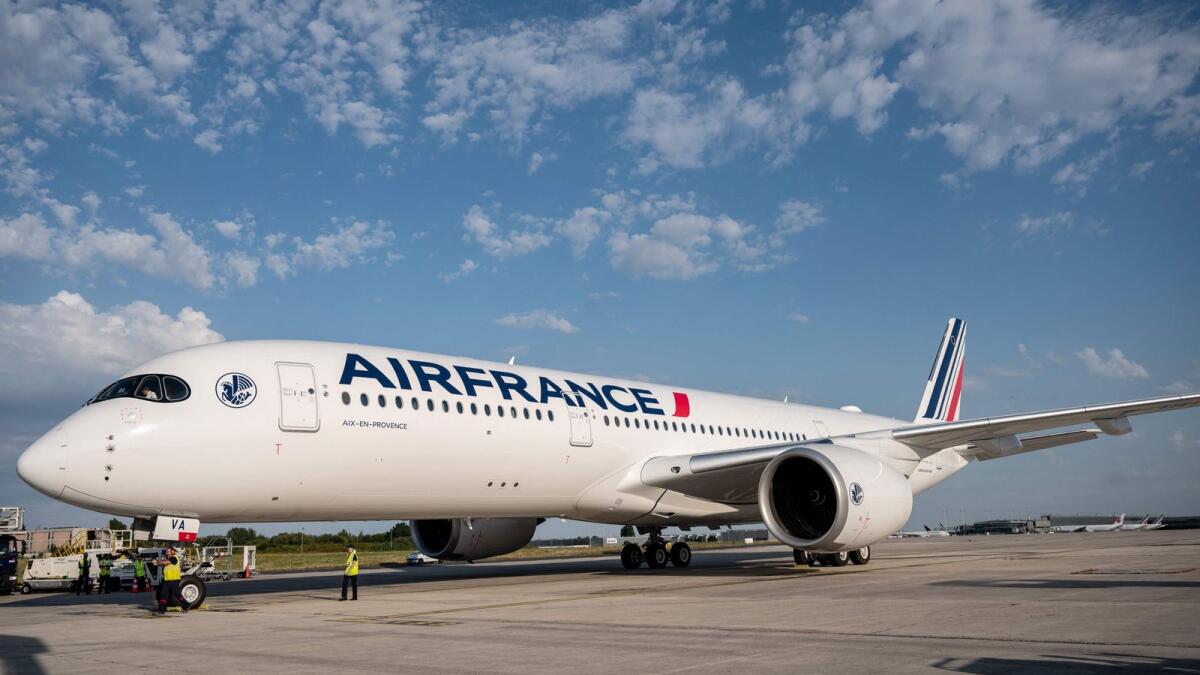Amid rising tensions and escalating conflict in the Middle East, Air France has made the decision to suspend flights to Tel Aviv and Beirut. The decision comes after Israel launched air strikes into Lebanon, prompting concerns for the safety and security of travelers. The French carrier has announced that flights scheduled for Sunday and Monday have been suspended, with the possibility of extending the suspension depending on the evolving situation in the region. This move follows a previous halt in flights to Beirut between July 29 and August 15, while flights to Tel Aviv remained operational until now.
The decision by Air France to suspend flights to Tel Aviv and Beirut is part of a larger trend of airlines reevaluating their routes and services in light of heightened political tensions. With the ongoing conflict in the Middle East, airlines are prioritizing passenger safety and security, leading to the temporary suspension of flights to certain destinations. German airline Lufthansa has also taken similar steps by extending the suspension of its Beirut flights until the end of September, and temporarily halting flights to Tel Aviv and Tehran until September 2. These decisions underscore the challenges that airlines face in operating flights to regions affected by political instability and conflict.
For travelers planning to visit Tel Aviv and Beirut, the suspensions of flights by Air France and other airlines may have a significant impact on their travel plans. It is important for passengers to stay informed about the latest developments in the region and to be flexible with their travel arrangements. While the suspensions are temporary, it is advisable for travelers to consider alternative travel options or to postpone their trips until the situation stabilizes. Airlines are closely monitoring the situation and will provide updates to passengers as the situation evolves.
The suspensions of flights to Tel Aviv and Beirut highlight the complex geopolitical dynamics in the Middle East and the impact on the aviation industry. Airline operations are directly influenced by political developments and security concerns, with safety being the top priority for airlines and passengers alike. The decision to suspend flights serves as a precautionary measure to ensure the well-being of passengers and crew members during times of heightened tensions. As the situation in the region continues to evolve, airlines will continue to assess the feasibility of operating flights to affected destinations.
In times of conflict and uncertainty, airlines play a critical role in ensuring the safety and security of passengers traveling to and from conflict zones. By suspending flights to Tel Aviv and Beirut, Air France is taking proactive steps to mitigate risks and prioritize the welfare of passengers. It is essential for airlines to maintain open lines of communication with passengers and provide timely updates on flight operations. Travelers are advised to check the latest travel advisories and to contact their airlines for information on rebooking or refund options in light of flight suspensions.
Overall, the decision by Air France to suspend flights to Tel Aviv and Beirut reflects the complex challenges facing airlines in times of conflict and political instability. As tensions persist in the Middle East, airlines will continue to adapt their operations to ensure the safety and security of passengers. Travelers are urged to stay informed, be flexible with their travel plans, and prioritize safety when traveling to regions affected by conflict. The suspensions of flights serve as a reminder of the profound impact of geopolitical events on the aviation industry and the importance of prioritizing passenger safety above all else.










